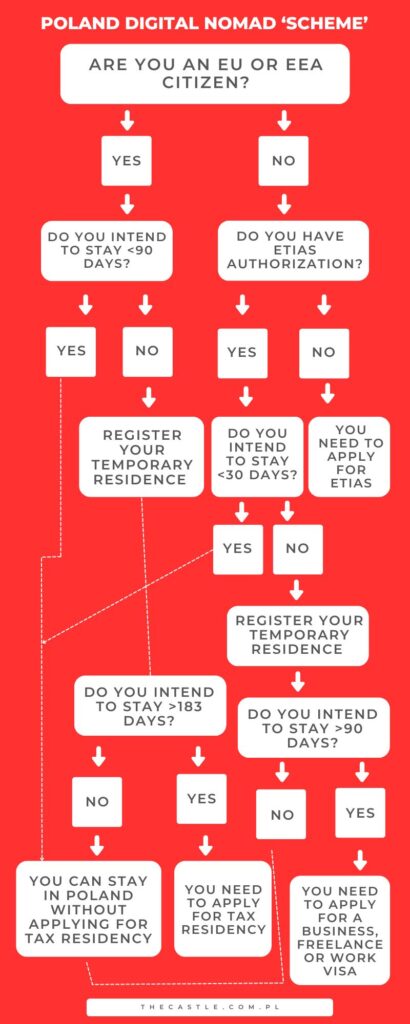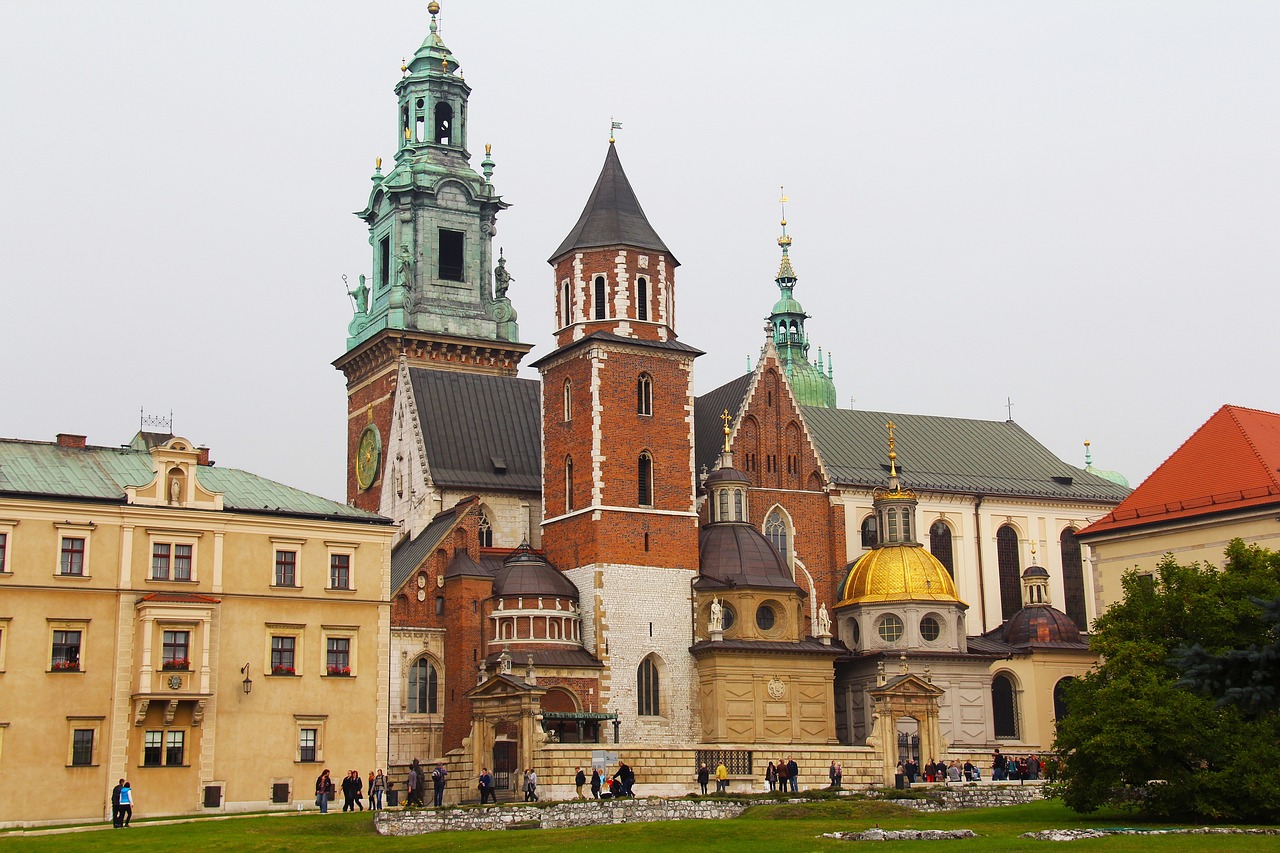Flexible work arrangements have been on the rise since Covid, and many countries worldwide offer digital nomad visas to meet the demand of remote workers. Many nomads who want to live and work remotely in Poland wonder if there is a digital nomad visa.
The short answer is: currently, no. However, there are other options for staying long-term and maintaining a working lifestyle, which we will explore in this article.
If you’re an EU or EEA citizen or Schengen resident
Living and working remotely in Poland is considerable easier if you’re already a European Union (EU) or European Economic Area (EEA citizen, or if you have a residency permit in a Schengen area country. The Schengen Agreement allows you to travel freely within the Schengen area without any border controls. This effectively allows you to live in almost any EU country, including Poland.
However, there are some rules to remember. If you are going to live for at least three months in Poland, officially you need to register your residence at the nearest local registration hall.
If you’re going to live and work in Poland for at least 183 days, you need to register for taxation. As a Polish resident taxpayer, you will be required to pay taxes on your global income, taking into account any relevant double tax treaties.
Whether the tax or other authorities have the means or desire to track down remote EU workers who are living in Poland is a question that some digital nomads ask. A local lawyer will be best able to answer your questions and help you decide what actions, if any, to take.
If you’re not an EU/EEA citizen or resident
If you’re a third-country citizen from outside the EU and EEA, and you don’t have permanent residency in a Schengen area country, you can visit Poland for a short-term stay on a tourist visa or for up to 90 days within a 180-day period if you come from a visa-free country.
Starting from 2024, the European Travel Information and Authorization System (ETIAS) will become mandatory to visit Poland for travellers from visa-free countries.
The ETIAS application process is expected to be quick and straightforward, involving completing an online form and a small fee payment.
If you want to live in Poland for over 30 consecutive days, you may need to register your temporary address.
If you want to settle long-term in the country you must get a Polish work visa, freelance visa or business visa. Regulations may change or there may be other options so you should seek the advice of an immigration lawyer if you want to live and work in Poland.
Infographic
The chart below outlines the regulatory process of staying in Poland as a digital nomad. For non EU/EEA citizens, the process is valid from 2024, when the ETIAS system comes into effect. However, a good immigration lawyer is in the best position to give you advice.



